Human Library - Kick-start Your Teaching
19-March-2024 | Teaching lab
Books (confirmed speakers)
Below you find an overview of the 'Books' that will be present at the Human Library of 19 March 2024.
Keep an eye on this page, because more books will added as the Human Library approaches.
Interested to join, but haven't registered yet? Do so by clicking here

Book. Alessandro Bombelli
Title. Navigating the Dual Role of Researcher and Educator – From Playful Pedagogy to Open Education for all.
About.
Alessandro is TU Delft lecturer of the year and will cover the following themes:
Managing to be a "traditional" researcher and "teaching" researcher simultaneously. Challenges and opportunities
Serious games applied to education
Open Education
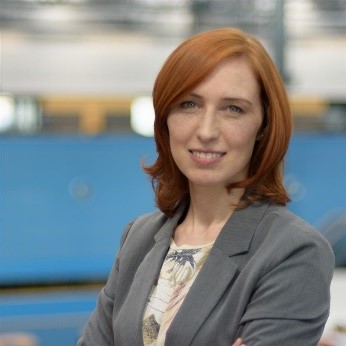
Book. Erna Engelbrecht
Title. Evaluating Educational Innovation
About.
Numerous initiatives are taking place to improve education, but these efforts can be overlooked. How can we break free from traditional evaluations and make our teaching achievements more visible in a way that connects with our values?
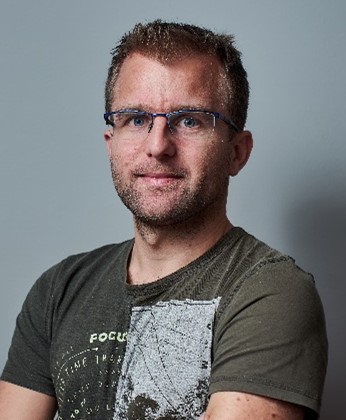
Book. Freek Pols
Title. The Educator's Guide: A Journey through Open Education, Introductory Python, and Physics Labwork
About.
As former secondary school physics teacher and now coordinator of the first year physics labwork, Freek can rely on ~15y of experience in teaching. As he has transitioned from secondary to tertiary education, he can highlight the difficulties that you encounter and ways to circumvent these. The areas of expertise of this book are on:
open education,
introductory courses related to Python programming, and
lab courses

Book. Maurits Ertsen
Title. The Teacher of Jesters. A guide on activating teaching settings in academic education
About.
The book presents a comprehensive set of larger and smaller activating didactic tasks/discussions that I use (have used) in my teaching at Delft University of Technology. I have designed many of these activities myself, sometimes in cooperation with others. I also use activities designed by others – and I have often adapted such activities. Next to describing teaching formats of these activities, the book will include a guide-type element supporting teachers to select specific activities. Finally, the book will position my experience and formats in a wider theoretical debate on teaching and learning in academia. There are two main reasons for this book:
When developing my own teaching at the start of my career, I found it challenging to find practical examples of different kinds of exercises and the like.. My experience might support others.
When discussing my own teaching, I think I discovered that several of my teaching activities are somehow original (although my limited experience suggests elsewhere as well).

Book. Wim Bouwman
Title. Having Fun by Experimenting with your Teaching
About.
Wim Bouwman has a long track record at TU Delft, as a researcher and as a teacher. Wim describes himself as the following: “I am fond of teaching, it gives me a lot of inspiration. I learn a lot from all my students.”
‘Read’ (join) this book to be inspired by Wim why it is fun to experiment in your teaching: what is in it for your students and for you as a teacher.

Book. Aleksandar Staničić
Title. How to assess imagination (in a design studio)?
About. Aleksandar is an Assistant Professor at the Faculty of Architecture and the Built Environment

Book. Martin Sand
Title. Teacher identity - Combining Teaching & Research
About. Martin is assistant professor with a focus on Education. He works in the ethics department of TPM faculty. Together with the Teaching Academy he explored the concept of Teacher Identity in the Adventures in Teaching podcast and he regularly is invited to give pep-talks about teaching at TU Delft. He is involved in the focus on education community and he is a board member of the Young Academy.
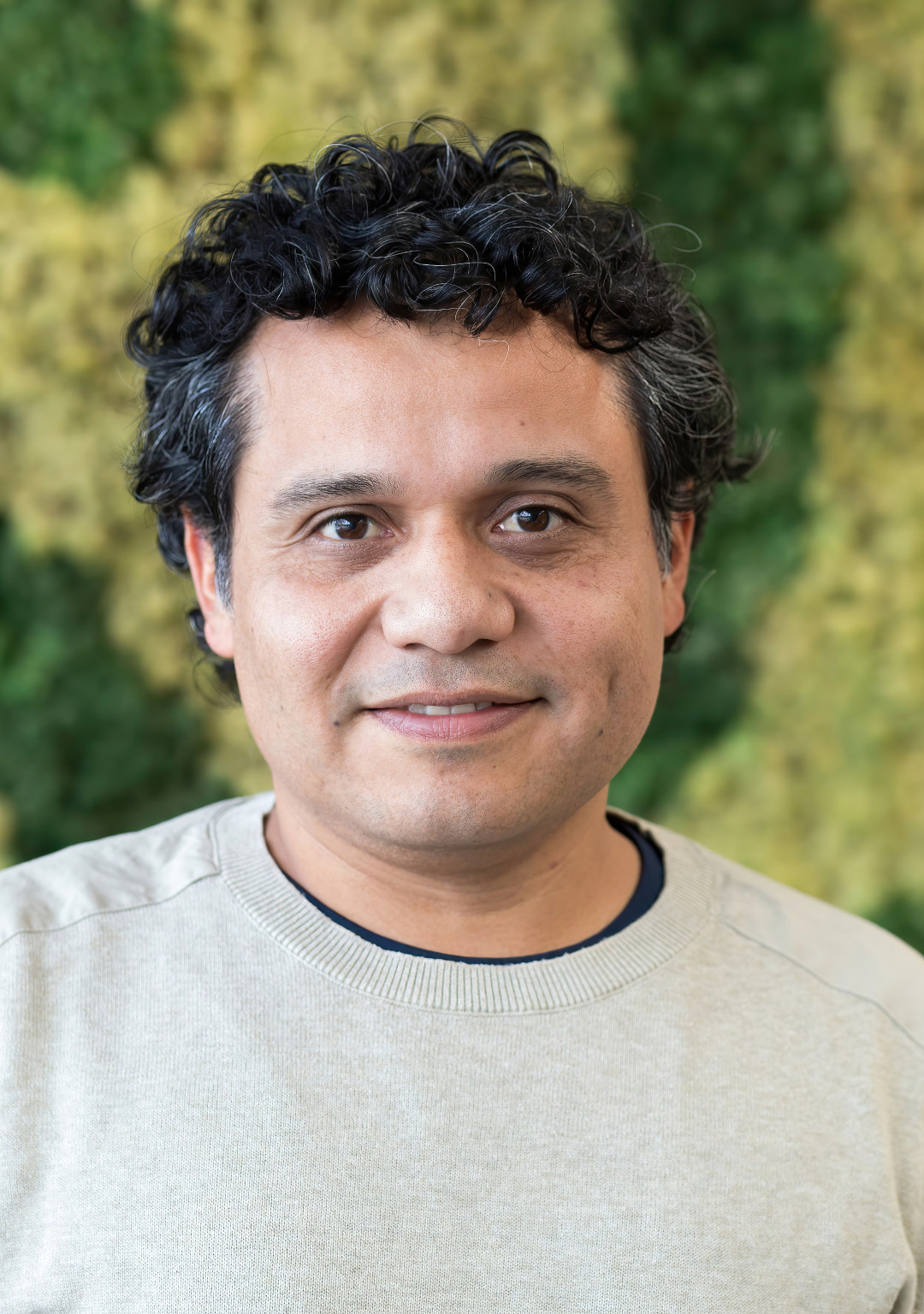
Book. Jorge Martinez
Title. A Vision for Emphatic Inclusive Scientific Education
About: Jorge is an Assistant Professor with focus on Education in Computer Science of EEMCS. This book will share a vision for education that incorporates ways to getting to know and better understand our societal context and ourselves, our students and each other in order to build trust, sense of belonging, and intrinsic motivation. Topics covered in this book:
Incorporating emphatic educational methods
Closing the gender gap
The different dimensions of inclusiveness
Social safety in academia
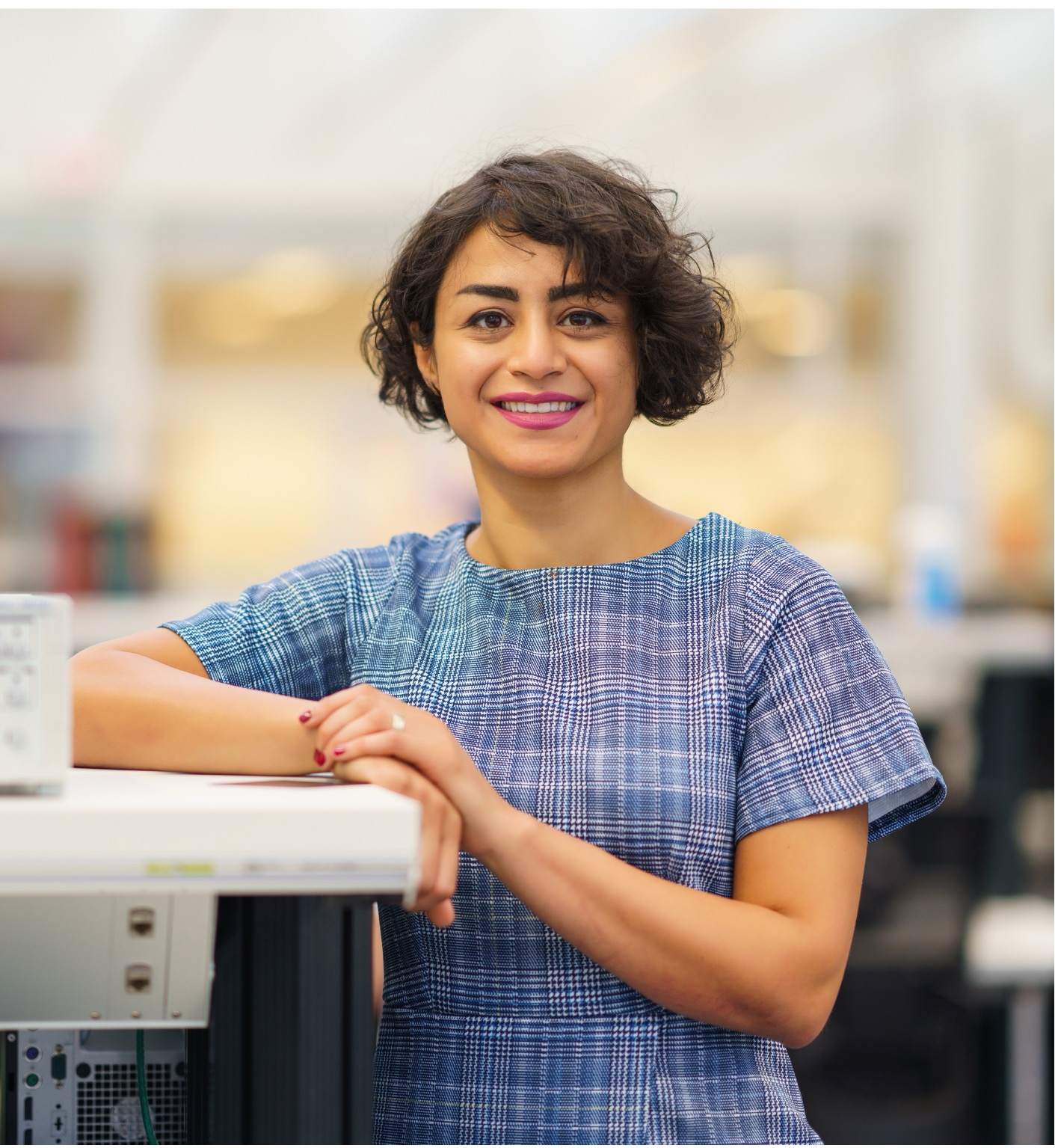
Book. Bahareh Abdikivanani
Title. Crafting Effective Courses
About: Bahareh is an assistant professor with a focus on education within the electrical engineering education group. She is excited to share her journey of developing and preparing courses with you, including both the challenges she's faced and the successes she's achieved. From crafting materials, syllabi, slides, and assignments to refining and updating them based on students' needs and feedback, she's ready to delve into the dynamic world of course creation.
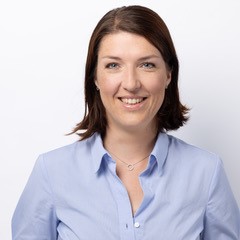
Book. Hylkje Geertsema
Title. Broaden Horizons by Implementing Interdisciplinary and Academic Skills in Teaching Activities
About: Hylkje is an assistant professor with a focus on education and interested in offering more interdisciplinarity and academic skills in education endeavours. Join me to talk about:
Setting up new (lab) courses from scratch
Open inquiry
Integration of reflection and conceptual thinking within disciplinary and interdisciplinary courses.
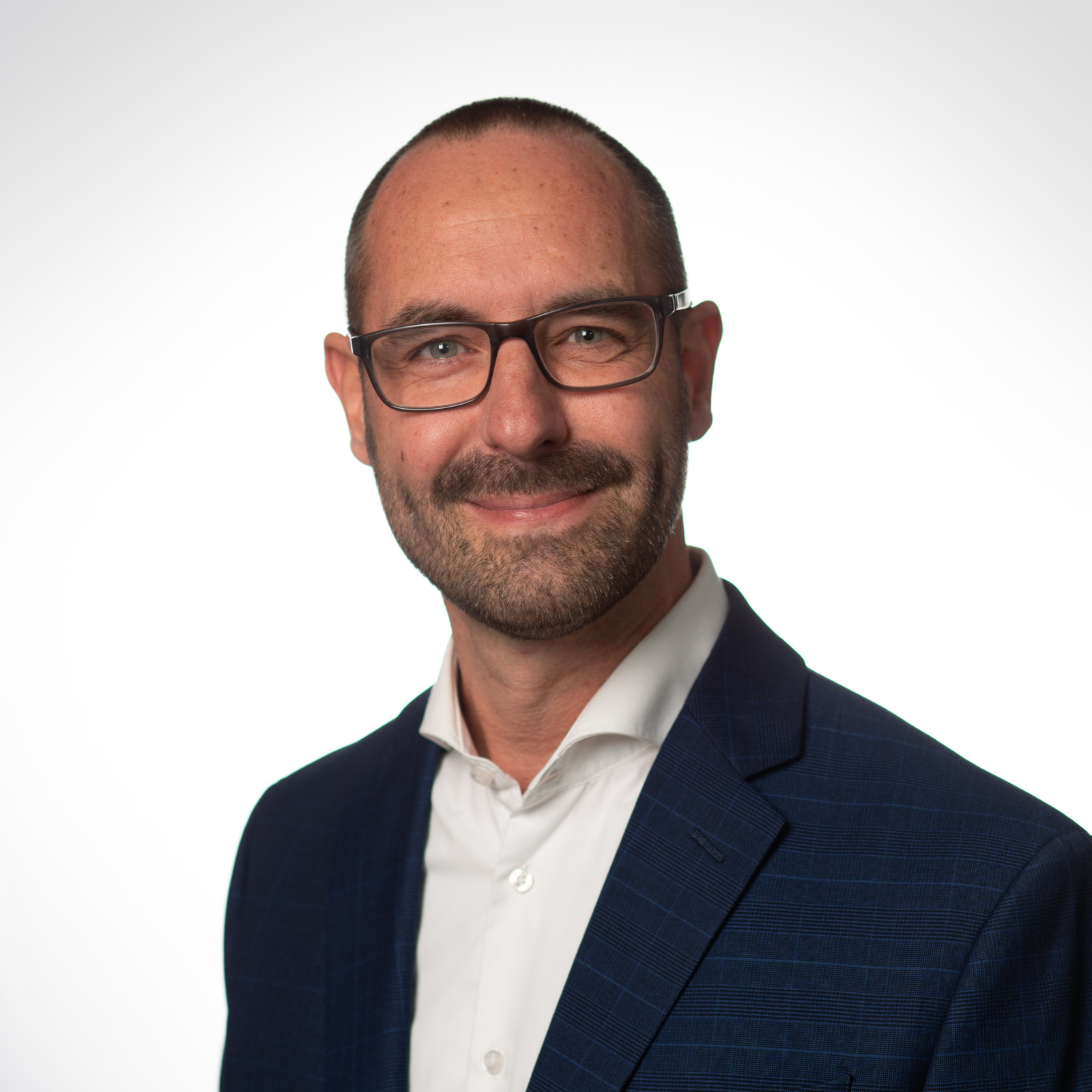
Book. Peter de Vos
Title. A Deep-Dive into Teaching Future Marine Propulsion Systems
About: Peter is an assistant professor in Marine Engineering, the research discipline that studies the design and operation of main and auxiliary systems on board of ships. He has been lecturing different topics/courses at TUD for 15 years and is still searching for ways to effectively motivate students to study harder. As MSc coordinator of the MSc program Maritime Technology and coordinator of the ‘learning line’ Marine Propulsion Systems, he is an excellent book to read on questions like:
What is the analogy between powertrains on board of ships and powertrains in other applications?
How do you use the transition to more sustainable technology in shipping to motivate students to study the fundamentals of (marine) engineering?
Which topics do you cover in the first year of the BSc? Which in the 2nd? And which in the 1st year of the MSc? How do you make these choices?
Human Library - Kick-start Your Teaching
 Registration website for Human Library - Kick-start Your Teaching
Registration website for Human Library - Kick-start Your TeachingHuman Library - Kick-start Your Teachingteachingacademy@tudelft.nl
Human Library - Kick-start Your Teachingteachingacademy@tudelft.nlhttps://www.aanmelder.nl/151681
2024-03-19
2024-03-19
OfflineEventAttendanceMode
EventScheduled
Human Library - Kick-start Your TeachingHuman Library - Kick-start Your Teaching0.00EUROnlineOnly2019-01-01T00:00:00Z
To be announcedTo be announced